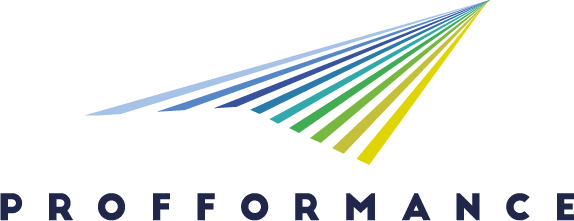SolVeWa
Solar energy- vegetation- water in the landscape: The new teaching methodology on air-conditioning function of vegetation for pre-service biology teachers
- 01 - Education
2. Innovative teaching and learning
- Innovative methodology to keeping motivation and attention during online lectures
- Real learning environments, experiments and field work through real-world projects
Introduced innovative teaching practice, new teaching methodology on air-conditioning function of vegetation, is implemented into master degree plant physiology course of pre – service science teachers. This teaching methodology was developed in frame of the project supported by Technology Agency of the Czech Republic in years 2018 – 2021 by group of authors from Faculty of Education, University of South bohemia in Ceske Budejovice (USB) and scientists in the field of plant ecophysiology from ENKI, o.p.s. Trebon, CZ. The innovative potential is based on: 1) The topic of air conditioning function of vegetation themselves: Despite the air-conditioning function of vegetation plays key role in the water cycle in the landscape and cooling of the local climate, this topic is surprisingly omitted from science education. This leads to low general public knowledge of this crucial plant function having negative consequences for human society like inappropriate landscape management causing an increase of local temperatures and continental drought. 2) Implementation of new scientific findings: Due to co-operation with scientists from ENKI, new scientific findings in the field of plant ecophysiology were adopted for education. 3) Use of modern digital measuring devices during field and laboratory work of students: Based on the high – tech measuring methods for the measurement of the role of vegetation in solar energy distribution the scientists from ENKI recommended user friendly and cheap measuring devices (digital solar meters, IR thermometers, thermovision cameras) together with the instruction of their use for education. 4) The use of modern student-centered teaching methods and approaches, like inquiry education or project based education, outdoor and placed based education for the implementation of this topic. 5) Connection among pre-service teachers education and in-service teachers practice: In frame of the project mentioned above two versions of teaching methodology were developed, which are used during plant physiology course together: a)for education of pre-service science teachers (https://projekty.pf.jcu.cz/svv/metodika_vs.php ), aimed on Technological-Pedagogical-Content Knowledge (TPACK) of future teachers, b) teaching methodology for basic schools (https://projekty.pf.jcu.cz/svv/metodika_zs.php), aimed on the teaching practice and containing prepared teaching materials for school pupils
Methodology
Tools, equipment, technology used
Outcomes and outputs, main results
Lessons learnt
Adaptability and sustainability of the best practice (for other institutions)
Promotion of best practice
Scope and impact
- Course/department level
- Faculty level
- Institutional level
- Cross-institutional level
- National level
- EU/EHEA/International level
6.1 Digitalization
- Innovative, novel methodology in using digital tools/devices in teaching
Reasoning: Modern digital measuring devises, (solar meters, IR Thermometers, thermovision cameras) are used in new environment – plant physiology, by modern student-centered activities. During inquiry- and project- based activities the participants of the plant physiology course use, evaluate and discussed digital data obtained by their own measurement. Based on the high – tech measurement experience of scientists from ENKI, the set of user friendly hands on measuring devices was adopted for education
6.2 Internationalization
- Courses implemented in international cooperation (projects, co-teaching, virtual/blended mobility, etc.)
- Other:
This teaching practice will be further developed on international level in frame of the ERASMUS+ Cooperation partnerships in higher education project EDUCATION for PLANT LITERACY in 2022 - 2024
Reasoning: Plant physiology course is opened for international (ERASMUS) students at USB. The new teaching methodology on air -conditioning function of vegetation will be implemented in frame of the new ERASMUS+ Cooperation partnerships in higher education project called „EDUCATION for PLANT LITERACY“ consortium of partners from 5 EU countries will further develop this methodology for the use in other countries
6.3 Inclusion and diversity, universal design
- Universally designed teaching material - adjustable for special needs
Reasoning: The teaching materials are universally designed for all students. As the field measurement can take place in school surrounding, it is accessible also for students with some physical disabilities. In some cases the help of personal assistant could be necessary
6.4 Sustainability
- Sustainability goals are addressed in the course(s)
Reasoning: To avoid harmful landscape management causing further increase of local temperatures and continental drought, improvement of general public knowledge of the plant role in water cycle in the landscape related to air-conditioning function of the vegetation is necessary. From this reason this topic must be implemented into school education by modern, innovative methodology. This innovation needs to start already from the innovation of teachers’ education
3.3 Public contact datas
| Name | Email address | Website |
|---|---|---|
| Renata Ryplova | ryplova@pf.jcu.cz | https://www.pf.jcu.cz/projekty/svv/ |

